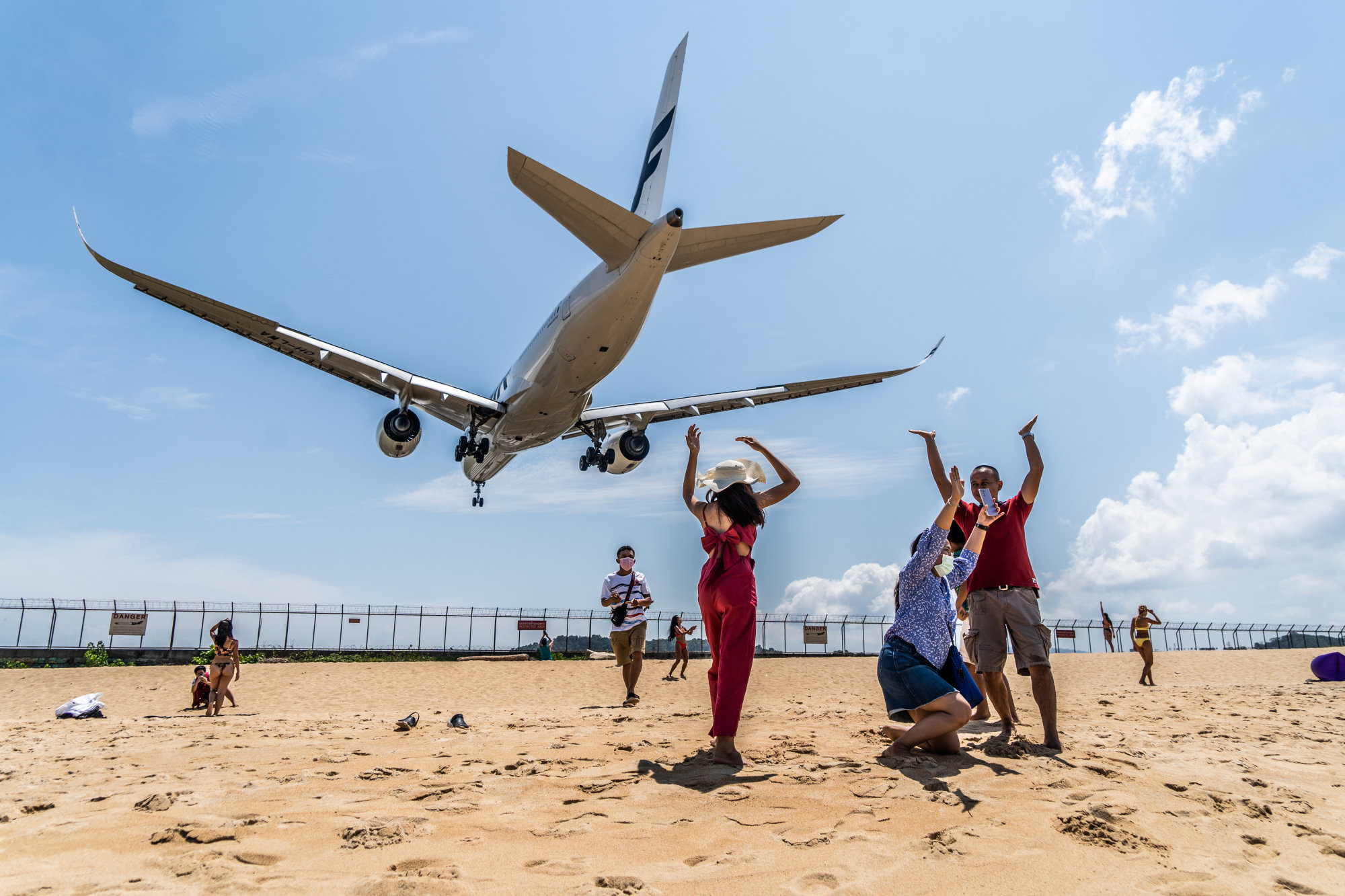Opinion | In this era of digital-nomad visas, how to define exactly what ‘work’ is?
6 min readFurthermore, the ranks of the no-fixed-abode should continue to swell; the benefits of remote work for health, well-being and productivity are now well understood – by employer as well as employee – after months of work-from-home orders, and those who like to travel are realising that staying put for a significant period of time is better for the environment than rushing hither and thither in bursts of activity.

Three of the latest countries to be at least toying with the idea of offering specific digital-nomad visas are Indonesia, Portugal and South Africa.
“Now with the pandemic handled and all the ministries getting involved and cooperating from the health side to the immigrations office, we believe that this is an opportune time to relaunch this idea,” said Tourism Minister Sandiaga Uno. We’re sure there is a multitude in Bali who would agree.
Digital nomads are one of the types of worker being targeted by Lisbon as “Portugal is speeding up the issuance of immigrant visas […] to help tackle a labour shortage and revive the economy”, Reuters reported on June 15.
“Digital nomads will be granted a residence or temporary stay visa,” claims the report, although the need to shore up the tourism and hospitality sectors is perhaps more pressing.
“Minister for parliamentary affairs Ana Catarina Mendes said that a new type of visa has been created, the work-seeker visa, which allows entry into Portuguese territory of foreign nationals looking to work for up to 180 days.”

So keen is Lisbon to attract workers that it is even promising British transplants all the rights Portuguese citizens have, despite Brexit, reports the wire service. Britain has its own labour shortages, of course, but the Algarve boasts attractions Blackpool does not.
In South Africa, “Industry leaders […] are convinced that the antidote to the ailing tourism sector is the fast-tracking of digital nomad visas,” reported Euronews in April. “This ambitious visa regime would allow international remote workers to stay in the country for longer than 90 days and up to a year in total.”
Discussions are ongoing, but it’s been suggested that mainland Africa’s first digital nomad visa would also contain attractive allowances for dependents.
Not every visa designed for remote workers will be called a “digital nomad visa” and myriad complexities obscure the legal extent to which countries are or are not embracing the wandering worker. Take Thailand, for instance, which is among the Asian countries included on the Harvard Business Review list.
The article suggests the country already has a visa digital nomads can make use of for up to two years. However, as far as this column can tell, no specific remote work visa currently exists, despite Chiang Mai having earned a pre-pandemic rep as ground zero for the nomadic crowd.
The closest thing available is the US$375 Smart Visa, which was created to attract skilled labour, investors and entrepreneurs in selected industries. It appears this might be tweaked to apply to digital nomads who are in possession of a work contract of six months or more.
Perhaps one of the trickiest problems in designing a visa for today’s nomadic worker is defining exactly what “work” is and where it is happening.
ThaiEmbassy.com – which, despite its name, is run by a Thai legal firm – gives examples of the types of people who are already conducting business in Thailand without a working visa, to try to pin down whether each is breaking immigration law. Is the digital nomad who works on his or her online shop in a co-working space on the wrong side of the law? Are the foreigner who sources handicraft products at Thai markets and exports them; the website designer who offers his services to fellow digital nomads in Chiang Mai; the foreigner who sits in his Bangkok flat and teaches Chinese students via Skype; or the businessman who travels to Phuket for a few weeks and conducts some business activities on behalf of his company? Maybe.
What about the travel blogger who writes about Thailand?
“Yes, this is work and it could be a concern,” asserts ThaiEmbassy.com. “This work could have been done by a Thai person. Also, in order to produce the blog, the blogger uses information, sources, material and pictures from Thailand to sell it in the international marketplace. Finally, the content of the blog may affect the security and image of Thailand. The blogger definitely needs a work permit to do this.”
And it gets murkier.
“When the blogger is an international travel blogger writing not only about Thailand but many more places and he stays in Thailand not too long but just as part of a longer trip to several countries, we allow this case without a work permit. But when the blogger is focused mainly on Thailand, he/she needs a work permit. Even if the blogger does not make any money with his blog, he is still using his knowledge and ability with content that is derived from Thailand, so he needs a work permit.”
Whether the authorities would bother with any of these petty criminals, though, is another matter. But, still, it’s good to know where you stand – even when you’re not intending to stand still for more than a few months at a time.
Thailand to drop pre-arrival registration and outdoor mask mandate

Speaking of Thailand, the government has announced that it is lifting the pre-arrival registration requirement for foreign visitors, which should help the recovery of the nation’s tourism sector.
From July 1, visitors will no longer have to upload copies of vaccination papers, insurance policies and other documents online to receive a Thailand Pass, a process that has been plagued by glitches and delays. Arriving foreigners must still show proof they have been vaccinated or provide negative Covid-19 test results, but they will no longer need to possess an insurance policy.
Also being dropped is the outdoor mask mandate, so those famous Thai smiles will be on display again.
Vanuatu to welcome back international tourists after tough restrictions

Thailand has reopened to tourists in stages but Vanuatu is doing it all at once.
“From 1 July, international tourists will be able to return to Vanuatu, a country of 300,000 people three hours from Australia, which has had some of the toughest border restrictions in the world through the pandemic,” reports The Guardian newspaper.
The tiny South Pacific nation – which used to rely on tourism for 40 per cent of its GDP – desperately needs visitors back, but there is a snag: a lack of deals with foreign airlines.
“Currently travel to Vanuatu is only possible through Air Vanuatu, the country’s beleaguered national carrier, which only has two aircraft for its international operations,” The Guardian reports. “There are concerns that if anything were to happen to the heavily indebted national airline, Vanuatu would become a hermit nation once again.”


